The Centre for the Study of Islamic Manuscripts at Al-Furqān Islamic Heritage Foundation, in co-operation with Fundación General de la Universidad Complutense de Madrid organised a training course on codicology, titled “Arabic Codicology: The Islamic Manuscript Heritage in the El Escorial Collection”.
The training course took place from 14 to 18 July 2014, at San Lorenzo de El Escorial (situated 45km north-west of the capital Madrid, Spain), in the framework of the Complutense University Summer Courses.
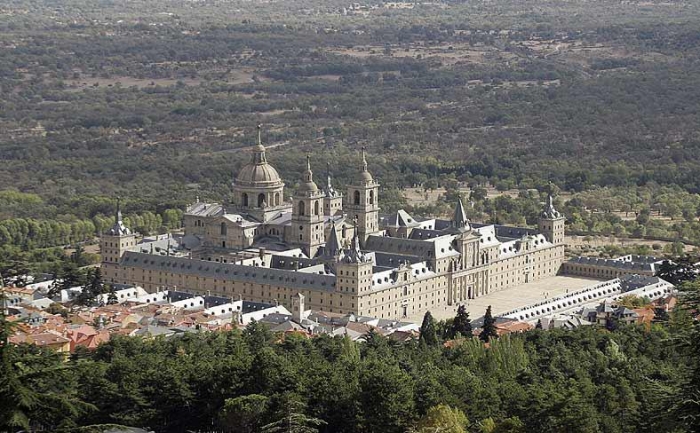
The aim of the course was to refine participants’ awareness of the importance of Islamic manuscripts and to provide them with basic codicology knowledge and research procedures they would need to study and analyse Arabic manuscripts, as well as shed light on part of this hidden treasure found in the Royal Library of El Escorial that houses the most important collection of Arabic manuscripts in Spain, and one of the most interesting in Europe.
The course was attended by 16 delegates, chosen from different countries, including the United States of America, Belgium, Germany, the United Kingdom, Turkey, Spain, Holland, Bulgaria, Brazil, and Morocco, on the basis of their specialisation in manuscripts and their interest in Islamic heritage. The body of lecturers was highly qualified, including two of the foremost experts in this field, Professor François Déroche and Professor Adam Gacek.
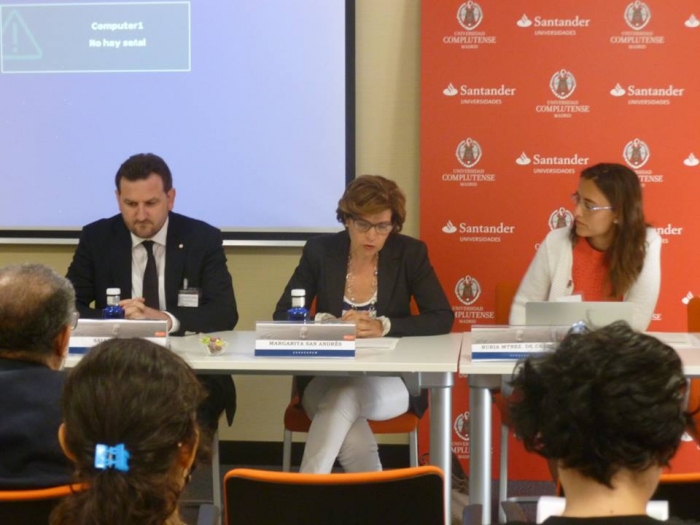
On Monday morning, 14 July, Dr Nuria Martínez-de-Castilla, course co-ordinator and lecturer at Madrid University, gave a speech, welcoming the participants and expressing her pleasure at the co-operation with Al-Furqān Foundation in organising the course, thanking the officials at the Complutense University Summer Courses for hosting it and creating the conditions for it to be a success. This was followed by a speech by Mr Sali Shahsivari, Managing Director of Al-Furqān Foundation, who in turn welcomed the participants. He highlighted, in his opening speech, the importance of the course, expressing his appreciation and satisfaction with the co-operation between Al-Furqān Foundation, Complutense University and the Royal Library of El Escorial, and thanked them for their generous hospitality and warm welcome. He also reminded them of the great need for such courses dedicated to studying manuscripts, and then presented the main activities of Al-Furqān consisting of surveying, cataloguing, studying, and publishing the written Islamic heritage, as well as promoting study in its scientific areas. He explained how Al-Furqān had performed many activities in the area of codicology, most prominently organising an international conference in December 1993, and publishing the book “Islamic Codicology: An Introduction to the Study of Manuscripts in Arabic Script” into both Arabic and English, which is a useful tool and reference for researchers, cataloguers and editors in the area of Islamic written heritage.
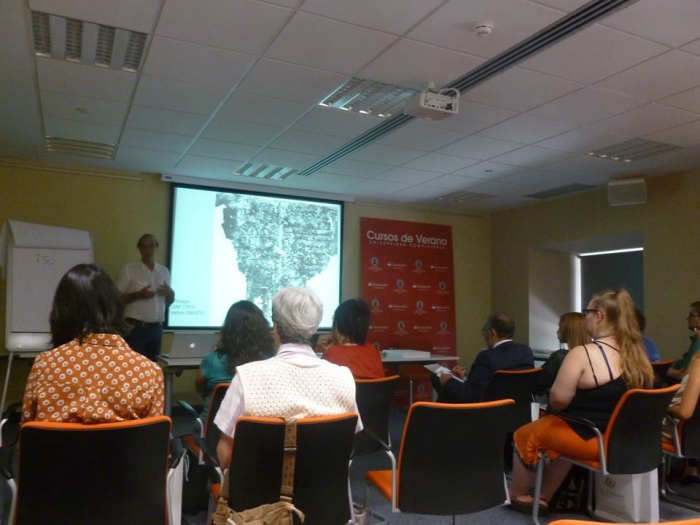
The opening session was concluded by the representative of Complutense University, Dr Margarita San Andrés, who expressed her deep gratitude and great pleasure in organising this course, wishing everyone success in their work.
Subsequently, the course proceedings began with a lecture on Arabic manuscripts in the El Escorial library.
An ample number of morning theoretical sessions were organised within the course curriculum: they addressed some of the scientific aspects of codicology as part of the examination of manuscripts, as a high value archaeological artefact, exploring the components of the manuscripts, such as the book supports (material used: papyrus, leather), and how these are prepared for writing; paper and the different techniques for making it; the form, sizes, and organisation of quires; the structure of the page, its composition, and lines; materials used for writing (pens, inks, colours, and dyes); and the different forms and schools of calligraphy and their development; as well as decoration and illumination of the manuscript, and the art of book binding.
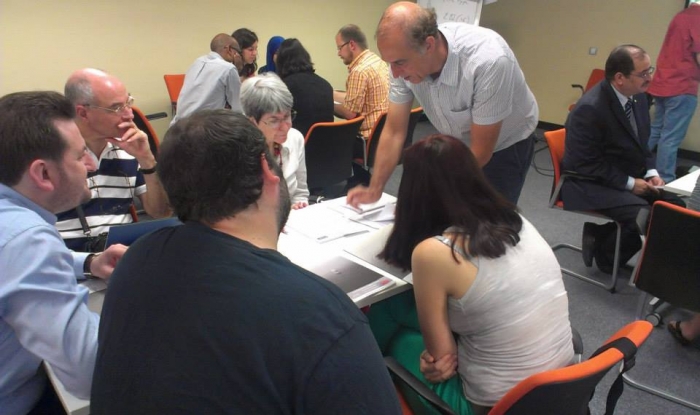
The practical evening sessions were organised in the El Escorial Library. This is located within a grand historical palace that bears the same name and is famous for housing the largest collection of ancient Hebrew, Arabic, and Maghrebi manuscripts of great academic and religious importance, the majority belonging to the library of Muley Zaydân. These sessions received special attention from all participants, delegates and instructors. Dr José Luis del Valle Moreno, the director of El Escorial Library, in addition to his warm welcome and generous hospitality, played an important role in facilitating the course proceedings by assisting instructors and delegates through providing Arabic manuscripts. The participants were divided into four groups, each working together in the analysis of a manuscript.
The course concluded on Friday, 18 July, with a lecture by Dr María Jesús Viguera Molins on the history of Arab manuscripts in Spain and Morocco, after which certificates were given out to the participants.
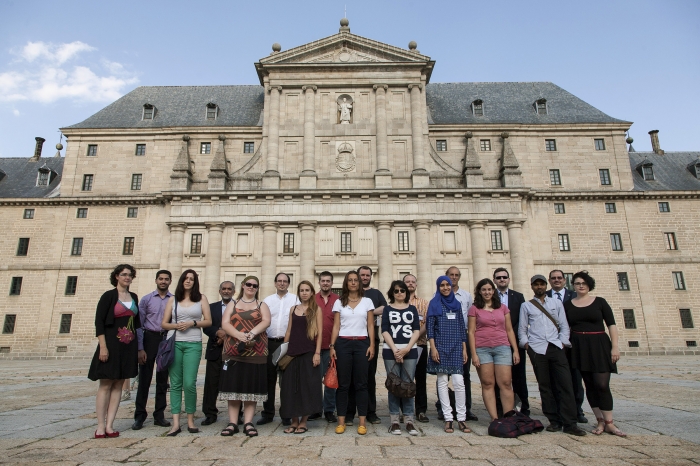
In the closing session, speeches were given by both Dr Nuria Martínez-de-Castilla and Mr Sali Shahsivari, Managing Director of Al-Furqān Foundation. He thanked the delegates who joined the course and they expressed their appreciation and profound gratitude for this fruitful course and praised the Complutense University Summer Courses and El Escorial Library for hosting it.

